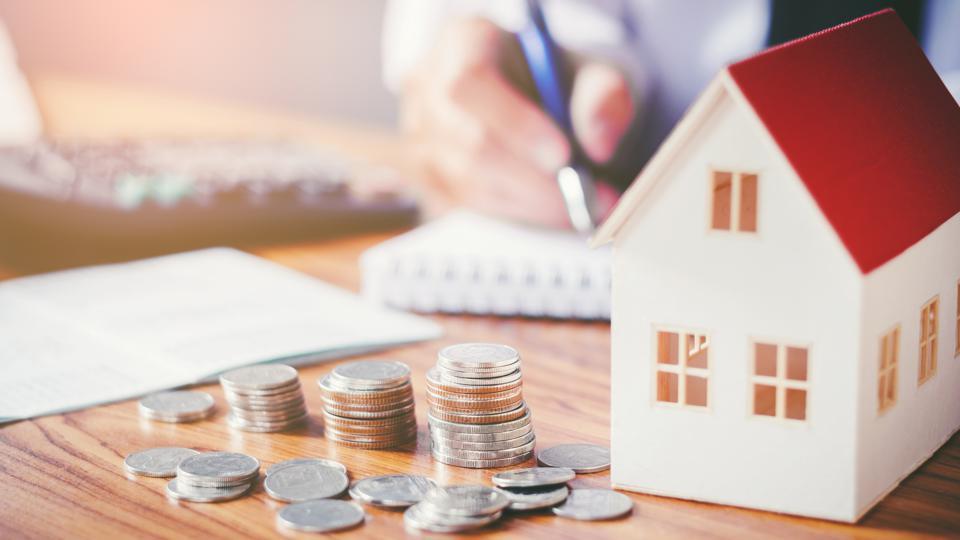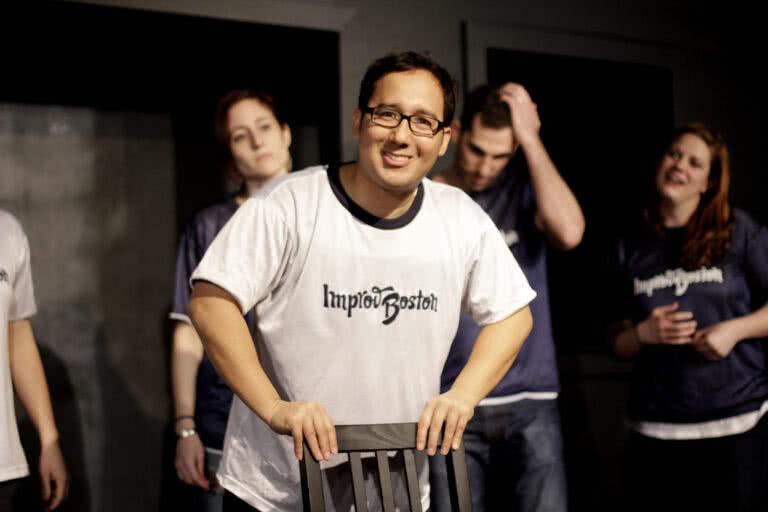Seeing the outstanding principal balance on a monthly mortgage bill can be defeating. If you're just into a 30-year mortgage or have had one for years, that grand total of principal owed can look like a dim light at the end of a tunnel you'll never reach.
Getting rid of that monthly payment can free your money for other things such as investments and can be an emotional lift. For couples nearing retirement, paying off a mortgage early allows them to have fewer bills in retirement. Paying down a mortgage is the best way to build equity in a home.
About refinancing
Whatever the reason for paying off a home mortgage faster, the main way to do it is by moving to a 15- or 20-year loan, which have interest rates lower than 30-year fixed mortgages. The shorter loans are amortized faster, meaning more of a payment goes toward reducing the principal instead of paying interest.
A 15-year loan isn't double the payment of a 30-year loan, though it will be higher. A shorter loan gives borrowers less flexibility if they lose their job or have a medical crisis to pay for and can't afford the higher mortgage.
A 15-year loan will cost less in interest, though borrowers should ask their lender for an amortization chart - or they can try it on their own with an amortization schedule calculator - to determine if the refinancing fees are worth the savings and if they can afford the higher payments. A refinancing calculator can also help.
"If you're going to spend $3,000 (on refinancing) but you're going to save $49,000, that's a no-brainer," says Rich Leffler, director of mortgage origination training at AxSellerated Development near Baltimore.
It's also worth noting that mortgage interest, including interest paid on mortgage refinancing, is most likely tax deductible, Leffler says, giving a reason to stay in a mortgage.
If you want to pay off your home sooner and don't want to refinance, there are a few other ways to do it:
Increase to bi-weekly payments
Making a monthly mortgage payment in two installments has the effect of making an extra monthly loan payment each year, says Trey Henninger of DIYInvesting.org. You're paying half of your mortgage payment every two weeks, instead of the whole thing once a month.
It reduces the amount of time for interest to compound, which reduces the total mortgage balance over time, Henninger says.
The disadvantage is it requires paychecks twice a month in order to make the payments.
What borrowers shouldn't do is use a bi-weekly payment program set up by their lender, Leffler says, because they often charge fees to set up the account and maintain it. Those fees can be avoided by simply making the payment yourself and not having your lender automate it for you.
"It comes down to discipline," Leffler says of not going with a lender's bi-weekly plan where you don't have to physically write a check or think about it. "Otherwise, they're just throwing money away" with fees, he says.
Extra monthly principal payment
Making an extra payment, even as little as $100 per month, can knock years off a loan.
Leffler gives the example of a 30-year loan for $200,000 that would have $231,700 in interest payments over the life of the loan. Paying $100 more per month toward the principal will save $49,100 in interest and pay off the loan in 24 years and seven months, he says.
You can stop the extra payments at any time. Or they can be increased over time as your income grows, allowing more flexibility than a 15-year mortgage. The disadvantage is you won't receive the lower interest rate that you'd get by refinancing into a 15-year loan, Henninger says.
Round up
Rounding the monthly payment up to the nearest $100 can easily pay off a mortgage a few years early.
Bennie Waller, a professor of finance and real estate at Longwood University in Farmville, VA., gives the example of a $200,000, 30-year loan at 4.75 percent interest where a $1,043 monthly payment is increased to $1,100. That extra $57 monthly payment will allow the mortgage to be paid off 39 months sooner and save more than $21,000 in interest, Waller says.
Refinance to a lower rate
Refinancing a 30-year loan makes sense if the interest rate is lower than what you have now. If you took out a mortgage before the recession, you likely have a higher rate than what's available now.
If you don't want the higher payments of a 15- or 20-year loan, a 30-year loan will offer a lower interest rate and lower payments. However, it won't help pay off the loan quicker unless you make higher payments, such as if you had a 15-year loan.
This can make sense if your income might drop or some family emergency happens. You can make higher principal payments until - if ever - you lose your job or the money is needed elsewhere.
Find savings elsewhere in your home
You can lower your homeowner's insurance by increasing the deductible, and take that savings and apply it to your mortgage principal. Increasing a $500 homeowner's insurance deductible to $3,000 decreases the national average premium by almost 20 percent, for example.
Getting rid of private mortgage insurance, or PMI, is another way to pay off a mortgage quicker with savings found elsewhere. PMI is a monthly premium homeowners pay if they can't afford at least 20 percent down on a home.
Once they have at least 20 percent equity, they can get rid of PMI. Under the Homeowners Protection Act, HPA, homeowners have the right to request cancellation of PMI when the mortgage is paid down to 80 percent of the original purchase price or appraised value of the home when the loan was obtained, whichever is less, says Tangela Walker-Craft, a writer for Examiner.com in Tampa, Fla.
Good payment history is also required, meaning not being more than 30 days late with a mortgage payment within a year of the request, or 60 days late within two years.
Another way to find extra money in your home is to convert part of it into an apartment to rent, or rent out your home on Airbnb when you're away. Use the rental income to pay down the mortgage.
If you really want to pay off your home fast and live without a mortgage, sell it and downsize to a cheaper home that you can pay all cash for. You won't have your larger home to live in, but at least you'll still have a home and you won't have a mortgage.





